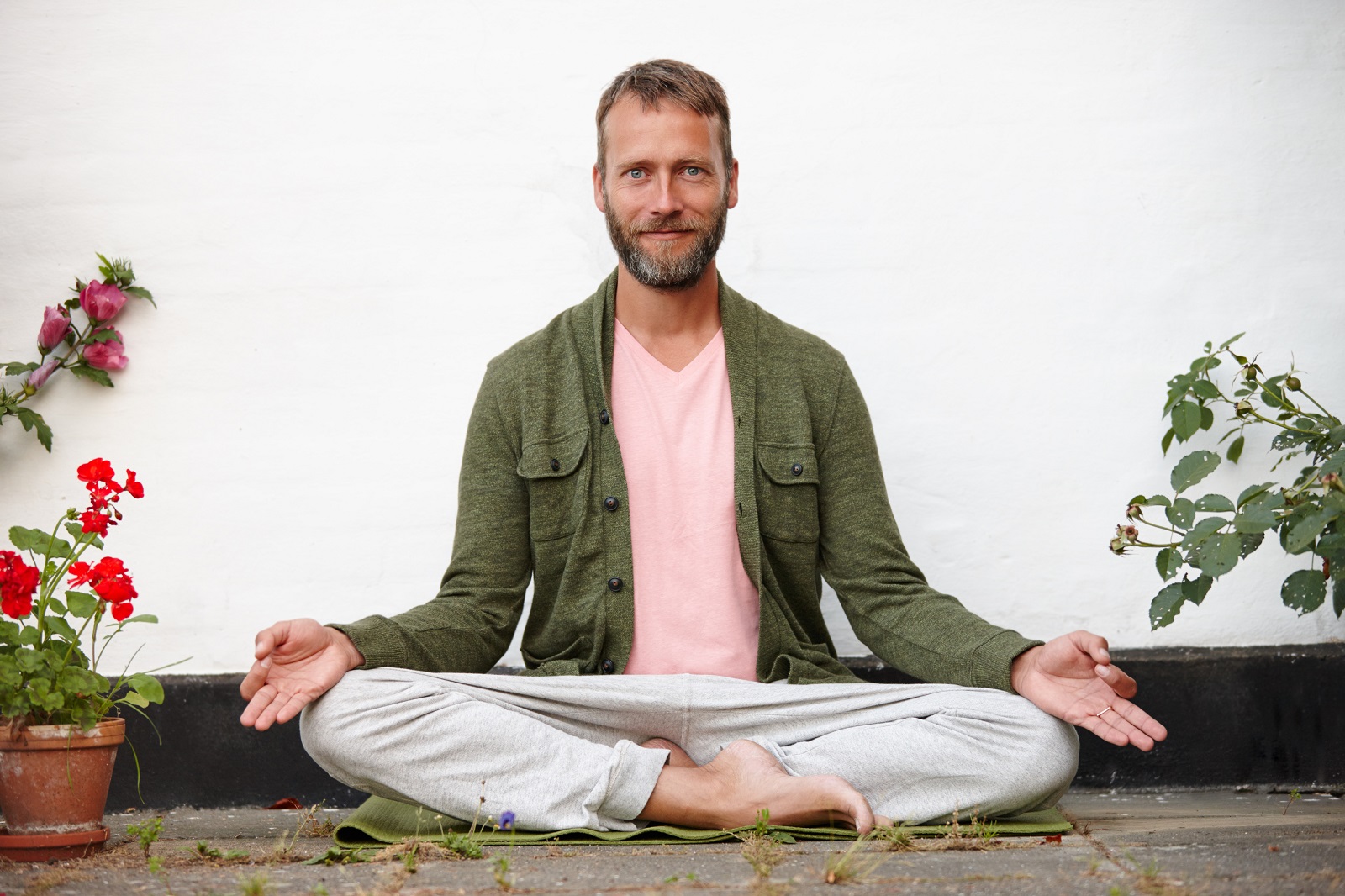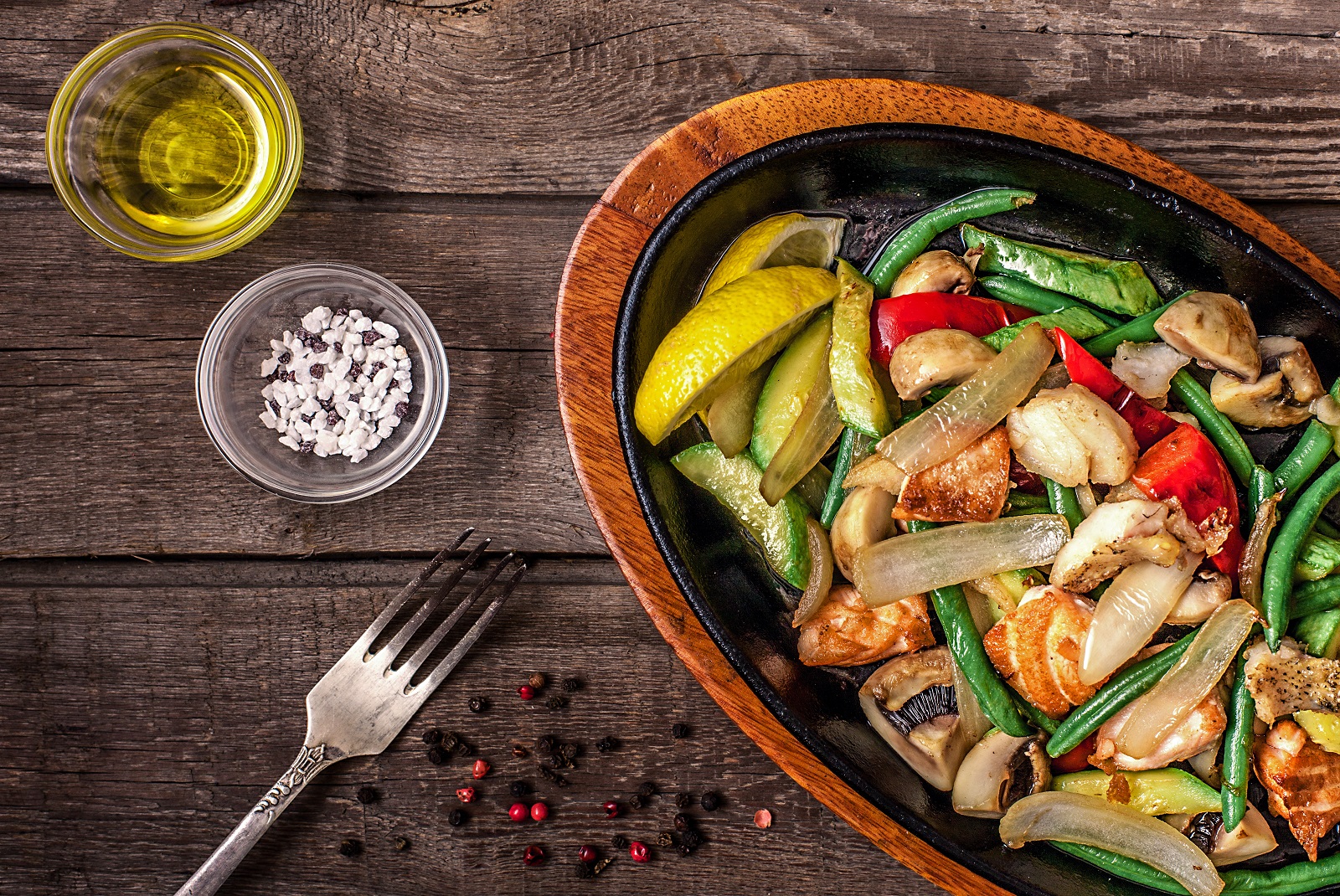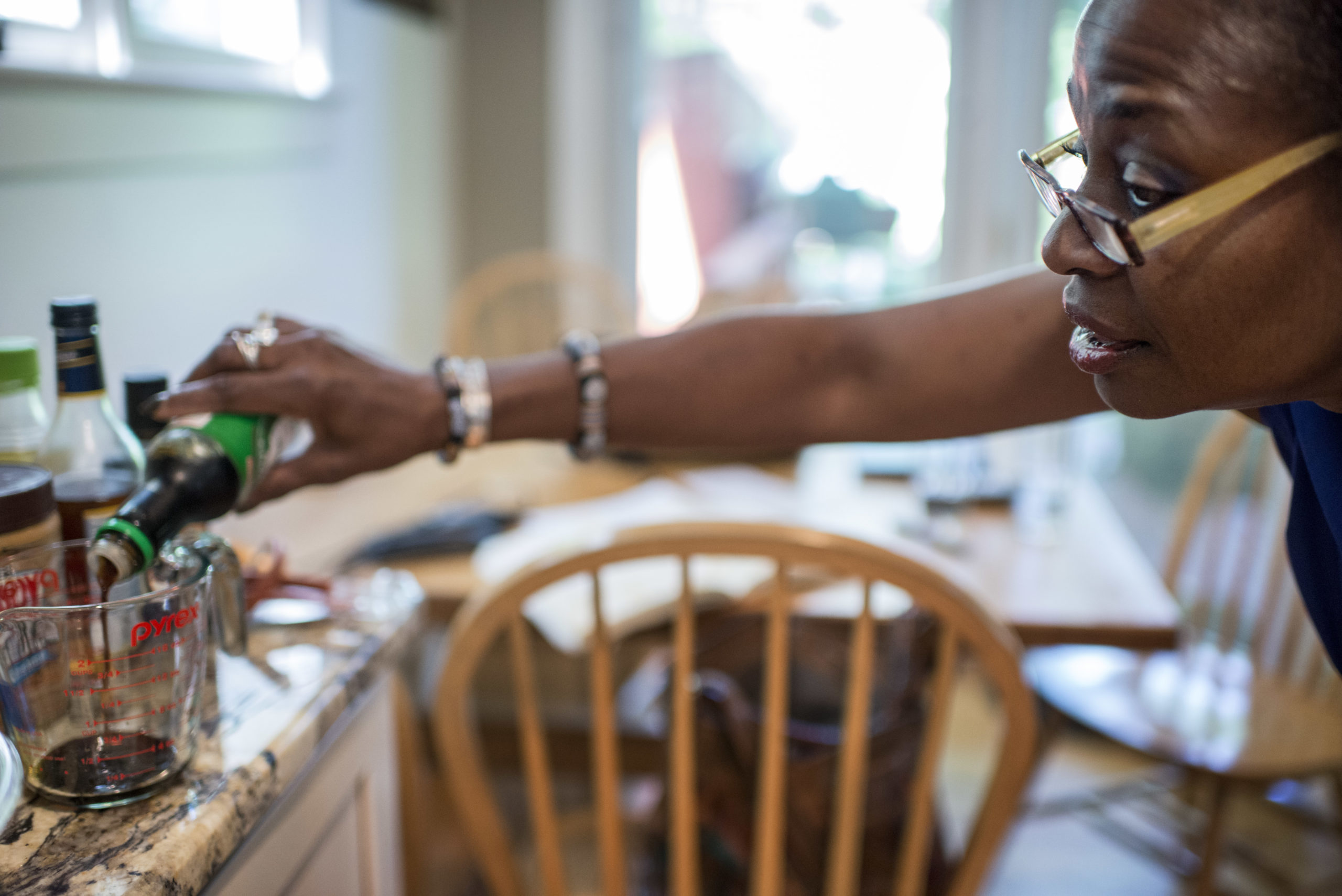For observant Jews, there are several days requiring abstention from food dotted throughout the year, but Yom Kippur is the white whale of Jewish fast days, a 25-hour test of faith and fortitude.
The Day of Atonement, as it is known in English, is the holiest day of the Jewish calendar, falling exactly 10 days after the start of Rosh Hashanah, the Jewish New Year. It is a fast day devoted to repenting for one’s sins throughout the previous 12 months.
Many like to simply plunge in, grit their teeth, and push their way through the sometimes-grueling day. But for others, there are tried and tested tricks that have elevated preparations for the day into the art of the fast.
So while there is no magic way to observe Yom Kippur, a couple of experts have provided The Media Line with some tips that could prove helpful.
Mind over matter

Both of our experts said that the key aspect of a successful fast is mental preparation.
“I think the important thing, at least from personal experience, is the mindset that you are prepared for the fast,” says Dr. Kenneth Collins.
“Psychologically you understand that from sundown to sundown you are not going to eat anything and you’re not going to drink anything,” he says.
“What you can do to make it easier for you is to follow these boundaries, taking the fast seriously and knowing that there are boundaries there [of] things you can’t do.”
Nurit Pollack, an expert in natural and functional nutrition, also says that the biggest hurdle is mentally accepting the coming deprivation.
“It’s more of the idea of fasting and not having food” that is the greatest issue, says Pollack. “It’s more like the fear of not having the food than the fasting itself, and people don’t know this.”
Collins and Pollack both cite caffeine withdrawal as one of the most common challenges that people face when embarking on a prolonged fast such as for Yom Kippur.
“Don’t have 12 cups of coffee the day before the fast,” advises Dr. Collins, “because you’re going to get a caffeine withdrawal hit. People are usually advised to cut down the amount of caffeine over the few days previously and to make sure that [they’re] in a caffeine-free physical state.”
Failing that, he says, “at least if people don’t have any coffee in the day leading up to Yom Kippur that might help a little bit.”
The headaches that many people experience during the Yom Kippur fast are due to caffeine withdrawal, says Pollack.
“Preparing yourself by reducing caffeine in the days leading up to Yom Kippur is very important,” she says, acknowledging that people often rely on a coffee hit for energy. “Even maybe two days before to not have coffee at all, maybe have some green tea instead.”
Everything in moderation

The two advise against loading up on food with a heavy meal before the start of the fast, which both say can only make it harder as the fasting period wears on.
Pollack says the list of things to avoid in the run-up to the fast includes foods that are high in sodium and sugar as well as alcohol, the latter of which “requires extra water to be processed through the system.”
“You shouldn’t have these kinds of foods because they are going to make you more hungry and more thirsty,” she says.
“People say, ‘Oh, I’m not going to eat tomorrow so I’m going to have a lot of all my favorite foods and I’m going to have a lot of sweet beverages and salty food’ … and that it makes you feel way more hungry than if you had a balanced meal.”
“There is that a custom that some people have that they should eat a lot before Yom Kippur,” Dr. Collins says, “but a high sugar load in advance [is] going to be gone before you wake up the next morning, so I don’t think any of these things help at all.”
He says, “The one most important thing” that people should do in the run-up to the fast is to drink plenty of water. He also advises that smokers who are fasting take the opportunity to extend abstention from tobacco into a permanent state.
“If you do have the habit of cigarette smoking, it’s a great time to stop,” he says. “Cigarette smoking is a slow form of suicide so it’s not really something that anybody should do at any time. If you can manage 25 hours without cigarettes, you can probably manage the rest of your life.”
Climate control

Dr. Collins also warns people fasting in a hot climate such as Israel to be aware of the impact that heat can have on the body when it is not taking in water.
“Be careful with the climate,” he says. “[When] it’s very hot outside you really want to be indoors, preferably somewhere that’s air-conditioned or the temperature is reasonably well controlled in other ways.”
This, he says, includes unnecessary exercise in the heat.
“Going out for a long period and any excess walking where you’re going to lose a lot of extra fluid would not be good for you,” he warns. “People [in Jerusalem] have a custom of spending time at the Kotel [Western Wall] but just think what fluids you might lose walking to the Old City and back.”
Take your medicine

Dr. Collins says that while most people can easily cope with a prolonged period without food or water, those taking medication must consult with their medical practitioners before embarking on the fast.
“If you’re reasonably young and fit you can last longer than people who are older, but even [for] the 25-hour fast, the body can cope with it.
“Obviously, if you’re diabetic or you’ve got kidney disease or whatever, you really do need to take medical advice,” he says. This also applies to “people with high blood pressure or diseases which could make you susceptible to problems.”
Pollack agrees, adding that even those who are recovering from illness should think carefully before refraining from eating and drinking.
“People who are taking medications with which they need to eat need to talk to the rabbi and their doctor,” she says. “For some people who are in a healing process, even intermittent fasting – which is very healthy for many people – is not good for them.”
The art of the meal

Neighbor Rosalyn Coates measures soy sauce to prepare for the break-the-fast yearly neighborhood gathering for Yom Kippur in the Shephard Park area of Washington, DC on Sept. 13, 2013. (Melina Mara/The Washington Post via Getty Images)
Just as at the start, the end of the fast should not be marked by overeating or eating unhealthy foods, both recommend.
“Sometimes thirst is mistaken for hunger,” Pollack warns. “Of course, you are going to be hungry because you haven’t eaten for 25 hours, [but] first drink water or even herbal tea,” she says.
“The ideal post-fasting meal should be a herbal tea then a vegetable soup or some simple chicken and vegetable soup and then move to solid foods,” Pollack advises, adding that the rush to eat may also disrupt the sense of spirituality that fasting during Yom Kippur can bestow.
“I think it is a very spiritual day for many, so I would say stay with the connection of the spiritual experience during the fast even after the fast,” she says. “Eating abruptly [can be] contradictory because you have been connected to yourself and not having all the dependencies that we have. Keep that awareness after Yom Kippur has finished.”
Dr. Pollack also advises “plenty of fluid replacement” after the fast has ended, recalling that growing up in his home city of Glasgow, many people would end Yom Kippur with a drink of milk and soda water.
“I think really the idea is don’t binge eat afterward if you’ve been fasting for 25 hours and the body has not had anything solid,” he says. “Take it easy. … Really just to allow the body to slowly recover afterward.”